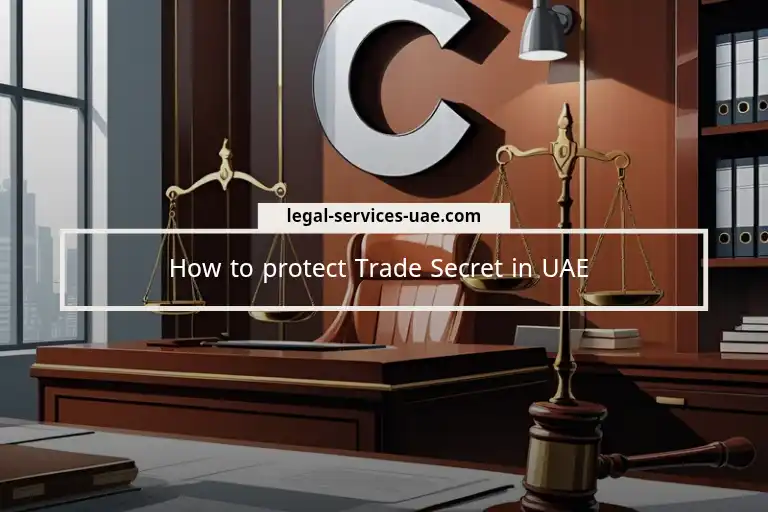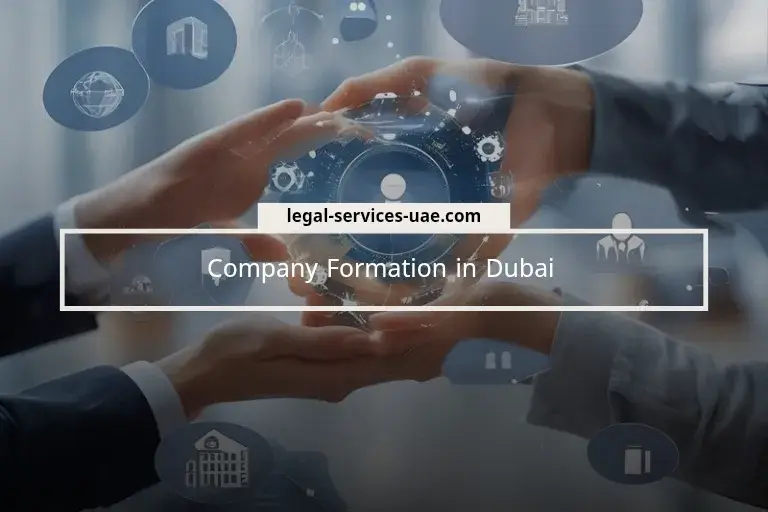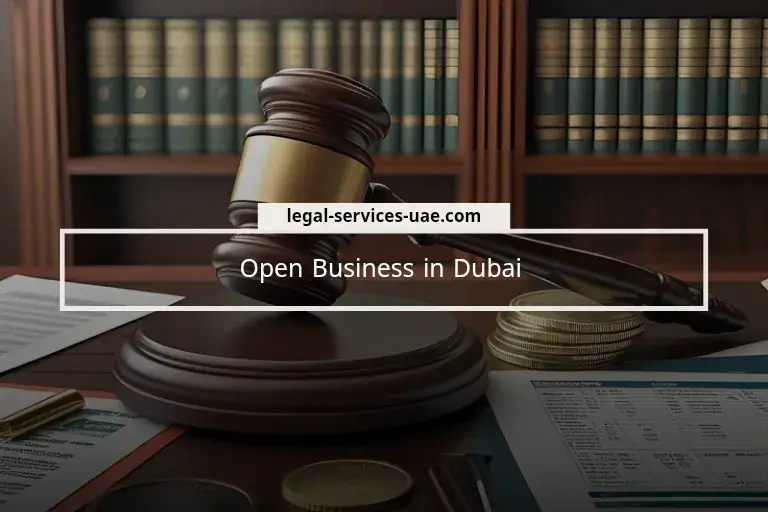An Abu Dhabi-based tech firm lost a multimillion-dirham competitive advantage when a senior engineer walked away with confidential source code. The incident underscored a vital truth: how to protect trade secret in UAE isn’t just a legal topic—it’s a business survival strategy. This guide equips you with proven legal tools and strategies to protect your trade secrets and prevent costly leaks.
Need help protecting your trade secrets? Click the WhatsApp button below to consult our licensed UAE lawyers today.
فهرس المقال
How to Protect Trade Secret in UAE: Key Measures
Companies can protect sensitive information effectively through a blend of contractual, operational, and legal controls. Here are the core strategies:
- Non-Disclosure Agreements (NDAs): Enforce strict confidentiality obligations with employees, freelancers, and third parties. Clearly define what qualifies as a “trade secret.”
- Employment Contracts: Include post-employment confidentiality and non-compete clauses to extend protections even after an employee exits.
- Information Classification: Label critical data as “Confidential” and record access logs.
- Access Control Measures: Use the “need-to-know” principle to restrict trade secret exposure within your organization.
- Cybersecurity and Data Encryption: Secure digital assets using password protection, two-factor authentication, and encrypted databases.
- Internal Compliance Policies: Train staff regularly on handling and reporting trade secrets to reduce accidental leaks.
Trade Secret Law in UAE
The UAE does not have a standalone trade secret law, but several federal and free zone regulations offer solid protection:
- UAE Penal Code (Art. 432): Penalizes disclosure of confidential information with up to one year in jail and AED 20,000 fine.
- Civil Code (Arts. 905 & 922): Obligates employees to maintain secrecy during and after employment.
- Commercial Companies Law (Art. 369): Imposes jail time and fines up to AED 500,000 for misuse of company secrets.
- Patent & Industrial Law: Protects undisclosed “know-how” if reasonable safeguards are in place.
- DIFC IP Law: Defines trade secrets formally and allows for injunctions and civil compensation within the DIFC jurisdiction.
Why Legal Guidance Matters
5 Reasons to Consult a Lawyer in this situation:
- Accurate Contract Drafting: A lawyer ensures your NDAs and employment contracts meet UAE legal standards, including enforceable clauses post-termination.
- Compliance with UAE Laws: Legal advisors align your internal policies with federal and emirate-specific laws to avoid loopholes.
- Evidentiary Support: Lawyers help you document security measures that demonstrate “reasonable efforts” in court.
- Swift Legal Action: In the event of a breach, a licensed lawyer can immediately file claims or complaints before the relevant authority or court.
- Tailored Strategy: Legal advice is adapted to your business model, industry, and exposure level—whether you’re in tech, finance, or manufacturing.
Frequently Asked Questions (FAQ)
Mastering how to protect trade secret in UAE isn’t a luxury—it’s a necessity in today’s competitive market. Through NDAs, contract clauses, access control, and awareness of federal and free zone regulations, your organization can prevent data breaches and preserve its edge.
Secure your confidential information today. Contact us via the WhatsApp button below to schedule a consultation with our licensed lawyers in Dubai.
Was this helpful?
Specialized Legal Content Writer, possessing deep legal knowledge and exceptional ability to demystify legislation and analyze judicial developments. He delivers clear, precise content that helps you understand your legal rights and obligations while empowering you to make informed decisions across diverse legal domains. Working within our expert legal team, he ensures credibility and trustworthiness in every piece of content.




